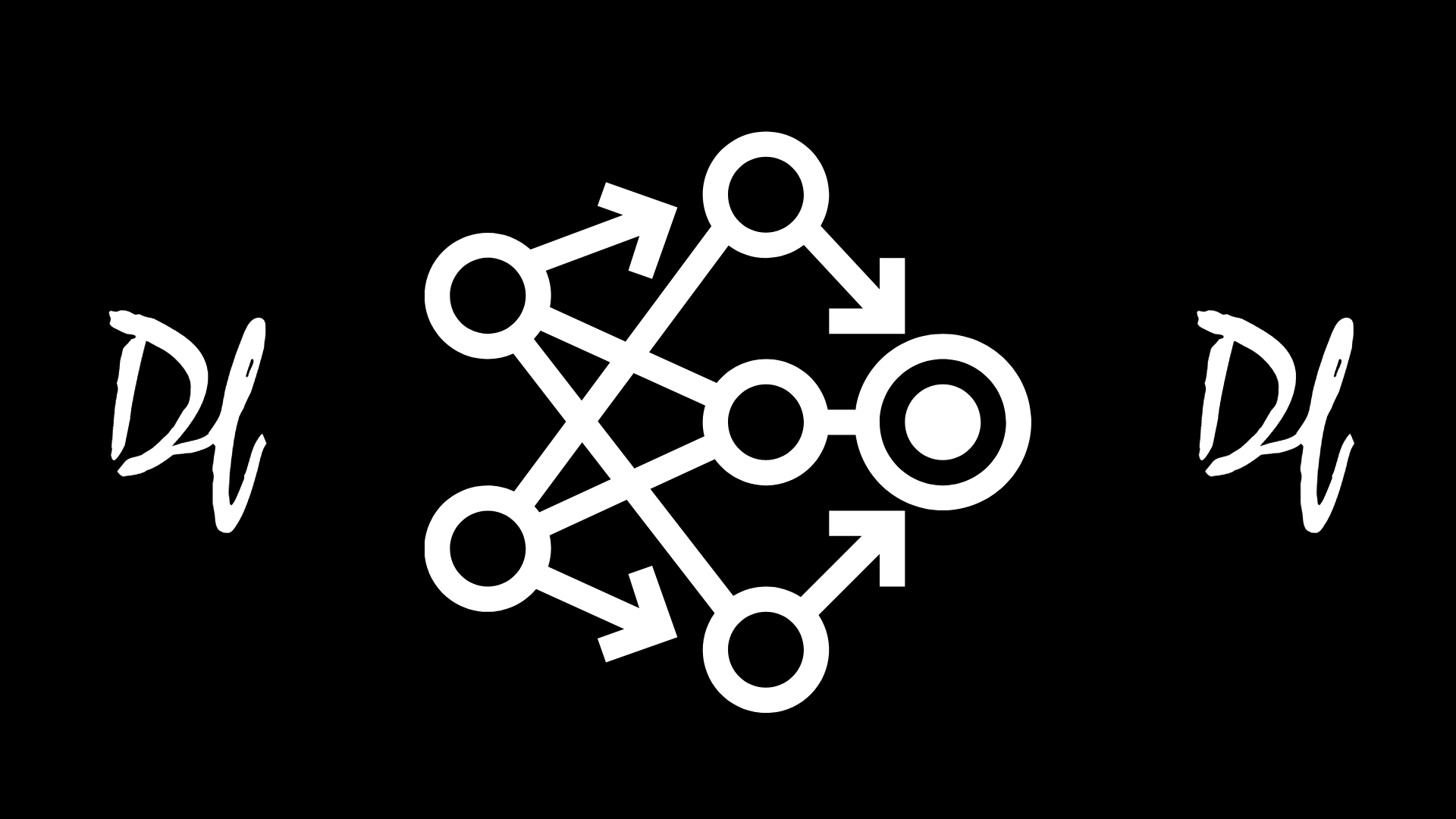Is AI Panic Justified?

Artificial intelligence (AI) is a rapidly developing field that has the potential to revolutionize many aspects of our lives. However, some people are concerned that AI could threaten humanity. Is this fear justified?
Potential Risks of AI
There are certainly some potential risks associated with AI. For example, AI could be used to develop autonomous weapons systems that could kill without human intervention. AI could also create mass surveillance systems that could track our every move. In addition, AI could be used to create deep fakes, videos, or audio recordings manipulated to make it appear that someone is saying or doing something they never actually said or did.
Potential Benefits of AI
However, there are also many potential benefits to AI. For example, AI could be used to develop new medical treatments, improve our understanding of the universe, and create new forms of art and entertainment. AI could also be used to automate tasks that are currently done by humans, which could free up our time to focus on more creative and fulfilling pursuits.
Balancing the Risks and Benefits
Ultimately, the question of whether or not AI is a threat to humanity is a complex one. AI has potential risks and benefits, and weighing these carefully before making any judgments is essential.
One way to mitigate the risks of AI is through regulation. Governments and other organizations could develop rules that govern the development and use of AI. These regulations could help to ensure that AI is used safely and ethically.
For example, regulations could prohibit the development of autonomous weapons systems that could kill without human intervention. Codes could also require that AI systems be transparent so that we can understand how they work and ensure they are not being used to discriminate against or harm people.
The Role of Regulation in Ensuring Safe and Ethical AI
Regulation is not a perfect solution, but it can help mitigate AI risks and ensure that this powerful technology is used for good. By developing and enforcing regulations that govern the development and use of AI, governments and other organizations can balance the risks and benefits associated with AI, ensuring that it is used safely and ethically.
AI Bias and Ethical Considerations
Another essential aspect to consider when discussing AI's potential threats is bias and ethical considerations. AI systems are often trained on large datasets, and if these datasets contain preferences, the AI system may inadvertently perpetuate and even amplify those biases. This could lead to discriminatory practices, as AI systems are increasingly used in hiring, lending, and medical diagnostics.
Researchers and developers must ensure that AI systems are trained on diverse and representative datasets to address this issue. Moreover, ethical guidelines should be established to ensure that AI is developed and used in a manner that respects human rights and values and that the potential negative impacts of AI on marginalized or vulnerable populations are minimized.
AI and Job Displacement
The increasing automation of jobs due to AI advancements raises concerns about job displacement and unemployment. As AI systems become more sophisticated, they may be able to perform tasks previously thought to be the exclusive domain of humans. This could lead to significant job losses in specific industries and require reevaluating the labor market and workforce development strategies.
Governments, businesses, and educational institutions should prepare for these changes by investing in workforce retraining and reskilling programs. Additionally, the development of policies to ensure that the benefits of AI-driven economic growth are distributed equitably among all members of society will be crucial.
AI and Privacy Concerns
The widespread use of AI also raises privacy concerns, as AI systems often require access to large amounts of personal data to function effectively. This can lead to potential abuses of this data and a loss of privacy for individuals.
To mitigate these concerns, strong data privacy regulations should be implemented to protect the personal information of individuals. Additionally, the development of privacy-preserving AI techniques, such as federated learning and differential privacy, can help ensure that AI systems can still function effectively without compromising the privacy of individuals.
The Importance of AI Literacy and Public Engagement
As AI becomes increasingly integrated into our daily lives, the general public must develop a basic understanding of AI technologies and their potential implications. This will enable people to make informed decisions about the use of AI in their lives and to participate in democratic processes related to AI regulation and governance.
Educational institutions, governments, and private organizations should work together to promote AI literacy and ensure that the public is engaged in discussions about the development and use of AI. This can be achieved through public awareness campaigns, educational programs, and opportunities for public input in developing AI regulations and policies.